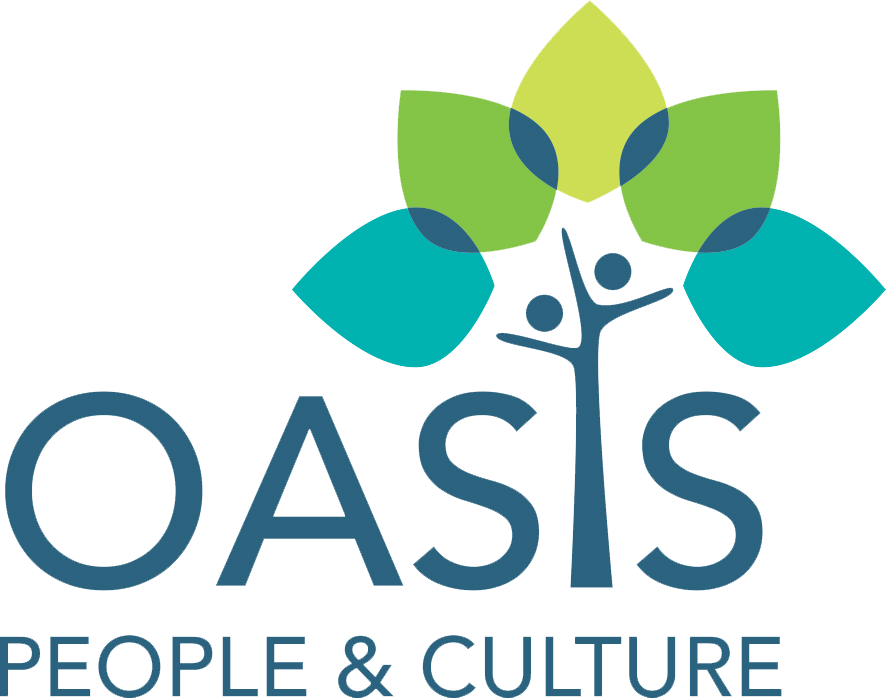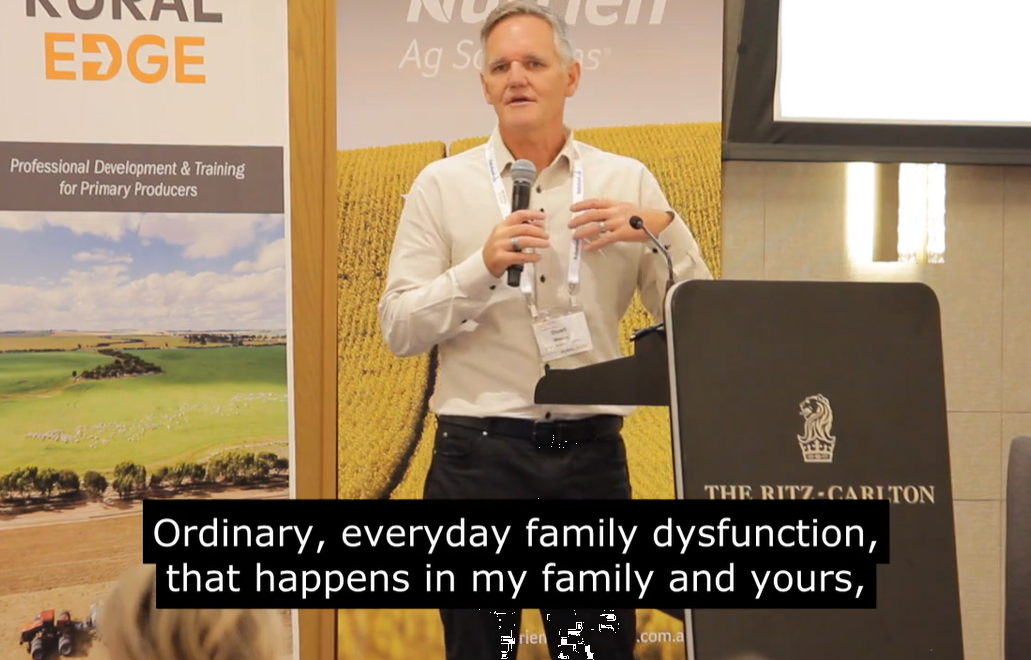Cultivating organisational health and performance…
One conversation at a time
Oasis People and Culture improve the health and performance of your organisation through our life-giving pathways and programs. We do this by providing strategies and tools for your people to engage, connect and collaborate, ensuring human interaction becomes an ongoing core business process.
Your leaders, teams and individuals will feel reignited and your organisation will be higher performing as a result of partnering with Oasis.
What does modern day succession planning look like?
Recently our Director, Stuart Wesley, spoke at the Rural Edge Inspire Summit on Farming Succession Planning, providing insights into how family dysfunction, family enterprise and wealth can be a potent mix for family businesses.
Stuart poses questions and provides tips you should consider for your farming business, so the business continues to flourish.
To view the full keynote address click here
Investing in your people
CEO, Doug Fitch from one our long-standing clients, Agworld, gives us an insight into the importance of investing in your people. He shares with us here his experience on the cultural transformation of his business as a result of engaging Oasis.
When Agworld engaged our principal consultant, Stuart they were at a crossroads with underperforming teams and a lifeless culture. Working on their values and vision through coaching and assessment tools helped provided clarity and focus.




















What if the very habits that make you feel competent are the ones keeping you from growing?
When we cling to certainty, resist discomfort, and expect instant transformation, we often inadvertently sabotage our capacity for meaningful development. The patterns that make us feel secure often become the barriers preventing us from acquiring the capabilities our leadership demands.
In this article, Clint Vawser explores five common habits that quietly undermine our learning and offers pathways to recognise these patterns before they cost you the growth you're working toward.